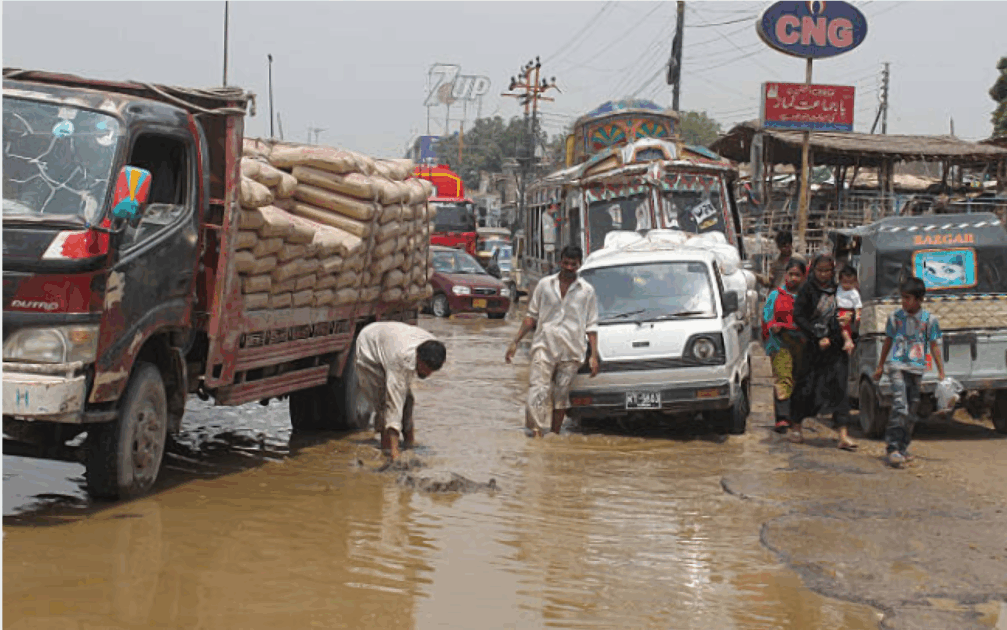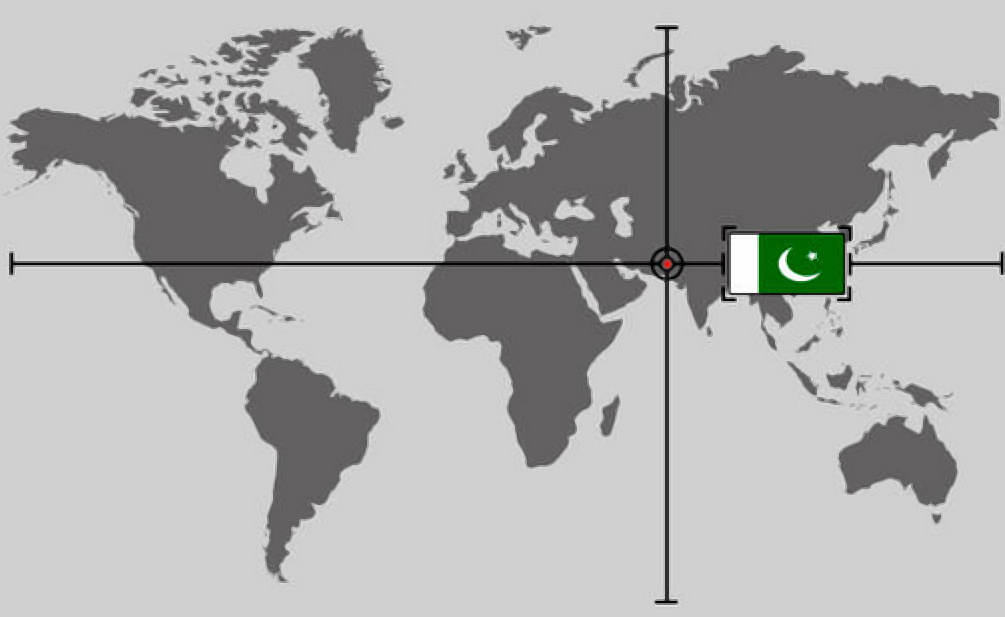- Web Desk
- 2 Hours ago

Quetta’s iconic Hanna Lake faces risk of drying up
-

- Web Desk
- Aug 12, 2024

QUETTA: Water has started leaking from more than three places in Hanna Lake, located in Quetta, causing the water level to drop by several feet and raising concerns that the lake may dry up. The lake’s beauty has also diminished due to the decreasing water level, sparking concern among experts, water sports enthusiasts, and local residents.
Officials from the Balochistan Irrigation Department said that the first complaint of water leakage from the lake was received in April this year, and the situation has been continuously monitored since then.
Hayatullah Khan Durrani, who has run a water sports academy at Hanna Lake for the past 40 years, told Urdu News that the leakage has been ongoing for several months, leading to a significant drop in the water level.
“A few months ago, the lake was 27 feet deep, but now it has reduced to only 14 feet. If the leakage is not stopped, the lake could dry up again, which would have negative environmental, economic, and social impacts,” he warned.
Durrani added, “The lake was filled after 16 years, which restored its beauty and attracted a large number of tourists. Boating and water sports competitions resumed, and the environment became favorable for training. However, the continuous leakage of water has raised serious concerns.”
According to Irrigation Department’s Chief Engineer Bashiruddin Tareen, Hanna Lake was filled after the April rains, leaving only two meters to be filled, when complaints of leakage surfaced. “We found leakage at more than three places in the outer and lower parts of the lake, releasing a small amount of water. However, the dam body is in good condition, and there is no danger to it. We are not emptying the lake,” he said.
Tareen explained that the lake was constructed over a century ago, and the surrounding rocks have become unstable over time, particularly due to earthquakes, leading to cracks that cause water leakage.
“With the help of experts, we have decided to implement innovative measures to address the leakage. A feasibility report has been prepared and approved by the development and planning department, and work on this Rs40 million project will begin soon,” he added.

Tareen assured, “We will restore the lake to its original state using the grouting method to control the leakage, injecting cement into the cracks.”
He noted that leakage has been reported from the middle part of the lake, but since there is currently water in the lake, it cannot be seen. “We will address this issue only if the lake dries up,” he said.
Meanwhile, the Quetta district administration has banned tourist entry to Hanna Orak and Hanna Lake for four weeks. Chief Engineer Tareen clarified that this ban is unrelated to the lake’s leakage, likely imposed by the administration due to heavy rains and flood risks.
He further explained that over the past four months, the water level in the lake has decreased by three to four meters, mostly due to evaporation. “Water loss is a natural process—some water is absorbed into the ground, and some evaporates into the air. In summer, the rate of evaporation accelerates,” Tareen said.
Hanna Lake, located 17 km northeast of Quetta, was created in 1894 during the British era to maintain the underground water level, irrigate land, and provide recreation for the people. The lake has a water storage capacity of 818 acres or 26 million gallons and is 49 feet deep.
A head regulator and canal were constructed at the spiral point on the Hanna Orak River to divert snowmelt, rain, and floodwater from the Hana Orak natural springs, Zarghun, and Mardar mountains to the lake. This head regulator was destroyed by a flood in 1976. In 2022, the Balochistan government began a restoration project for the head regulator and a 7,000-foot-long diversion channel at a cost of Rs 170 million.
Also read: Base jumper shares insanely beautiful video over Attabad lake
Senior bureaucrat Hashim Ghalzai has long been captivated by Hanna Lake. For the past three decades, he has visited the lake regularly and supports a water sports academy there.
He explained that the canal built to channel rainwater into the lake had become clogged with stones and mud. As a result, the lake remained dry for much of the last two decades, primarily due to drought and the damaged canal, which devastated the local ecosystem.
“Thanks to our efforts, former chief minister Jam Kamal approved a project to restore the canal, and significant progress has been made. The water level in the lake has improved with increased rainfall and the restoration of the canal,” Ghalzai noted.
He added, “Unfortunately, leakage has now occurred in the lake, raising the risk of it drying up. This threatens the lives of local birds and makes it difficult to meet the water needs of migratory birds.”
Ghalzai also highlighted the social and economic consequences of the lake drying up. “This lake has been a major source of recreation for the people of Quetta for the past century. When the lake is full, tourists flock here, but when the water level is low, fewer tourists visit, which negatively impacts the livelihood of local vendors, restaurants, and other businesses.”
Abdul Waheed, a Quetta resident visiting Hanna Lake for recreation, recalled that two or three months ago, when the lake was full, its blue waters created a stunning view. “Now, its water level has dropped significantly, and the lake is losing its beauty,” he observed.
Hayatullah Khan Durrani, Chief Executive of the Water Sports Academy, pointed out that Hanna Lake is home to the country’s first water sports academy, not just in Balochistan but in all of Pakistan. “Athletes trained here have represented Pakistan in Italy, Canada, and other countries,” he said.
He expressed concern that sports activities at the lake, which had been suspended due to low water levels in past years, are now at risk again. “After a long time, water returned to the lake, and sports activities resumed. But now, the future of rowing, canoeing, and other sports is once again in jeopardy due to the water scarcity,” Durrani lamented.





